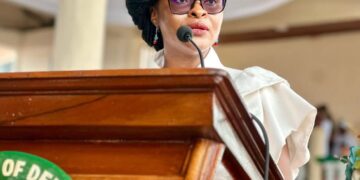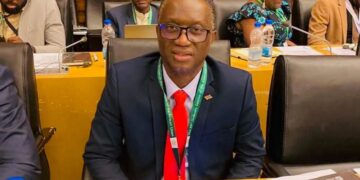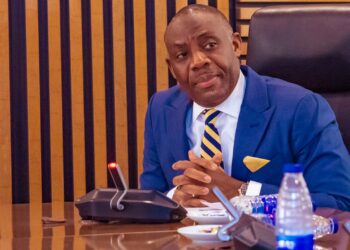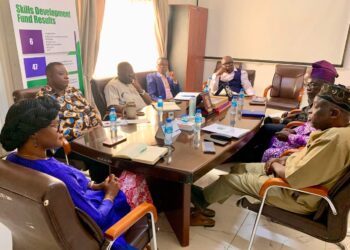In a bold move to transform Nigeria’s research landscape, the Federal Government has inaugurated a high-level Ministerial Committee to commercialise research outputs from the country’s tertiary institutions.
Speaking at the inauguration of the Research and Innovation Commercialisation Committee (RICC) in Abuja, the Minister of Education, Dr. Tunji Alausa, said the initiative would bridge the long-standing gap between academia and industry. The effort, he explained, aligns with President Bola Ahmed Tinubu’s Renewed Hope Agenda to reposition Nigeria as a knowledge-based economy.
“Countries that are globally competitive today have harnessed the power of research and innovation. This committee will serve as a strategic bridge between our institutions and the private sector to generate revenue, improve self-reliance, and attract international investment,” Dr. Alausa noted.
He added that the ministry, through the Tertiary Education Trust Fund (TETFund), has launched projects such as central multipurpose labs, renewable energy solutions, and medical simulation centres to support research infrastructure in campuses nationwide.
Highlighting the disconnect between Nigeria’s vibrant academic ecosystem and real-world innovation, the minister emphasized that the RICC will enable the scaling of homegrown discoveries into viable products and services.
₦50 Million Student Grant Venture Capital Launched
In a significant boost for student entrepreneurship, Dr. Alausa also announced a ₦50 million Student Grant Venture Capital Initiative, aimed at supporting undergraduate innovators in Nigeria’s higher institutions.
The initiative, powered by TETFund in partnership with the Bank of India, will target 300-level students and above who have market-ready business ideas or inventions. “We want to unlock the brilliance of our students and help them build globally competitive ventures,” he said.
National Urgency and Private Sector Commitment
The RICC is chaired by Dr. Tayo Aduloju, CEO of the Nigerian Economic Summit Group (NESG), who described the committee’s work as “a matter of national urgency.” He criticized the nation’s low investment in research relative to GDP and called for long-term structural linkages between universities and the private sector.
“If Nigeria First is truly the policy direction, then innovation must lead that charge,” Aduloju said.
Committee members include academic and industry leaders such as Prof. Ibrahim Katampe, Dr. Umar Bindir, Prof. Sydney Ibeanusi, Dr. Detoun Ogwu, and representatives from the Federal Ministry of Science and Technology, Bank of Industry, Manufacturers Association of Nigeria (MAN), and Nigerian universities.
This move is seen as one of the most coordinated federal interventions to redefine research output as a major engine of economic growth and youth empowerment in Nigeria.















































































 EduTimes Africa, a product of Education Times Africa, is a magazine publication that aims to lend its support to close the yawning gap in Africa's educational development.
EduTimes Africa, a product of Education Times Africa, is a magazine publication that aims to lend its support to close the yawning gap in Africa's educational development.